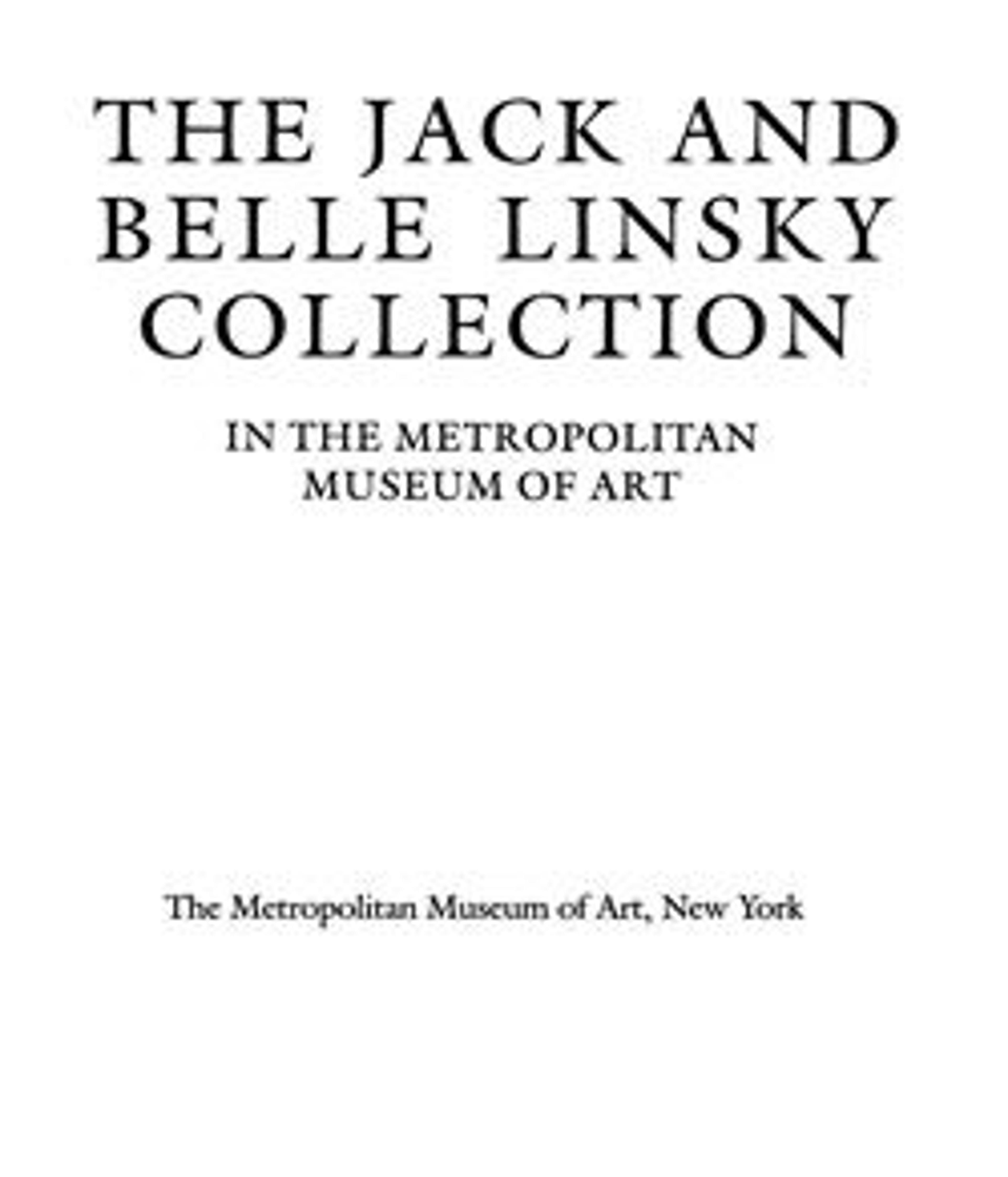Karbadian Man
The Imperial Porcelain Factory entered a period of prosperity under patronage of Catherine the Great. The factory mainly served the needs of the court and, at the order of the empress, created unique pieces to be given as gifts to foreign dignitaries, favorites, and courtiers.
Beginning in 1779, the chief modeler of the Imperial Porcelain factory, Jean Dominique Rochette (1744–1809), extended the scope of the factory production by creating a series of figures in porcelain. Rachette's workshop was responsible for the first series of figures known as the People of Russia. The series was inspired by the book of the famous ethnographer and traveler Johann Gottlieb Georghi entitled A Description of All the Peoples Inhabiting the Russian State. Work on the series continued from 1780 until 1804.
Beginning in 1779, the chief modeler of the Imperial Porcelain factory, Jean Dominique Rochette (1744–1809), extended the scope of the factory production by creating a series of figures in porcelain. Rachette's workshop was responsible for the first series of figures known as the People of Russia. The series was inspired by the book of the famous ethnographer and traveler Johann Gottlieb Georghi entitled A Description of All the Peoples Inhabiting the Russian State. Work on the series continued from 1780 until 1804.
Artwork Details
- Title: Karbadian Man
- Manufactory: Imperial Porcelain Manufactory, St. Petersburg (Russian, 1744–present)
- Date: ca. 1780–1800
- Culture: Russian, St. Petersburg
- Medium: Hard-paste porcelain
- Dimensions: Height: 8 1/2 in. (21.6 cm)
- Classification: Ceramics-Porcelain
- Credit Line: The Jack and Belle Linsky Collection, 1982
- Object Number: 1982.60.164
- Curatorial Department: European Sculpture and Decorative Arts
More Artwork
Research Resources
The Met provides unparalleled resources for research and welcomes an international community of students and scholars. The Met's Open Access API is where creators and researchers can connect to the The Met collection. Open Access data and public domain images are available for unrestricted commercial and noncommercial use without permission or fee.
To request images under copyright and other restrictions, please use this Image Request form.
Feedback
We continue to research and examine historical and cultural context for objects in The Met collection. If you have comments or questions about this object record, please contact us using the form below. The Museum looks forward to receiving your comments.
